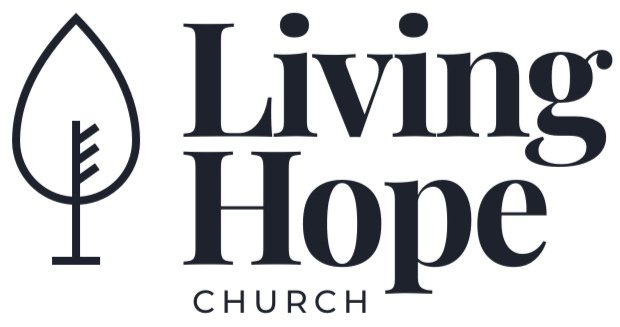This morning part of my reading was James 3. Most of us are familiar with this as the famous “tongue” chapter. Here James draws out the power of the tongue. He starts the chapter with a warning; that not many should aspire to become teachers because the teacher will be judged more strictly, and we all know the tongue is not able to be restrained. The picture is a bit foreboding. For to describe the tongue as a restless evil, full of deadly poison (verse 8) is not really all that encouraging. And the words that follow are very pointed.
9 With it we bless our Lord and Father, and with it we curse people who are made in the likeness of God. 10 From the same mouth come blessing and cursing. My brothers, these things ought not to be so. 11 Does a spring pour forth from the same opening both fresh and salt water? 12 Can a fig tree, my brothers, bear olives, or a grapevine produce figs? Neither can a salt pond yield fresh water.
The contradiction that spouts forth from between our lips is not good. But there is another way that this incongruity is seen - in what we type/write. The times that we are living in seem to grow more and more vitriolic by the day. The way people “speak” on social media can be appalling. And whether I have typed it myself; I certainly have thought it and that brings culpability as well. It is disheartening to see Christians who have become so tribal and narrow in their views that anyone who does not think or say exactly what they want is fair game to be attacked. How can we curse those made in the likeness of God? This does not mean we cannot disagree, but there has to be a better way.
Not surprisingly, James goes on to show us that better way.
13 Who is wise and understanding among you? By his good conduct let him show his works in the meekness of wisdom. 14 But if you have bitter jealousy and selfish ambition in your hearts, do not boast and be false to the truth. 15 This is not the wisdom that comes down from above, but is earthly, unspiritual, demonic. 16 For where jealousy and selfish ambition exist, there will be disorder and every vile practice. 17 But the wisdom from above is first pure, then peaceable, gentle, open to reason, full of mercy and good fruits, impartial and sincere. 18 And a harvest of righteousness is sown in peace by those who make peace.
We must turn to the wisdom that is from above. It is wisdom that is pure, peaceable, gentle, open to reason, full of mercy and good fruits, impartial, and sincere. Wow!!! Imagine conversation (spoken or typed) that displayed that wisdom! Where do we get that?
10 The fear of the LORD is the beginning of wisdom;
all those who practice it have a good understanding.
His praise endures forever! (Psalm 111:10; cf. Proverbs 15:33)
The fear of the Lord - the knowledge of God - that is our wisdom. But it is more than that. The wisdom of God was, and is, most fully displayed in the One who came to be our wisdom and our righteousness (1 Corinthians 1:30). The one who sprang from the stump of Jesse whom Isaiah described like this;
2 And the Spirit of the LORD shall rest upon him,
the Spirit of wisdom and understanding,
the Spirit of counsel and might,
the Spirit of knowledge and the fear of the LORD.
3 And his delight shall be in the fear of the LORD.
He shall not judge by what his eyes see,
or decide disputes by what his ears hear,
4 but with righteousness he shall judge the poor,
and decide with equity for the meek of the earth;
and he shall strike the earth with the rod of his mouth,
and with the breath of his lips he shall kill the wicked.
5 Righteousness shall be the belt of his waist,
and faithfulness the belt of his loins. (Isaiah 11:2-5)
And here’s what should blow every person who is “in Christ” - it should blow your mind. You are commanded to have that mindset within you (that way of acting), and - here is the amazing part - it is yours because you are in Christ Jesus - you are united to him by grace through faith (cf. Philippians 2:1-11, especially verse 5). Ponder that. Pray for that to be more visible. And praise God for that!
Two songs this morning. The first is by Wes King (“Sticks and Stones”) and the second is by Keith and Kristyn Getty (“The Perfect Wisdom of Our God”). Enjoy.











